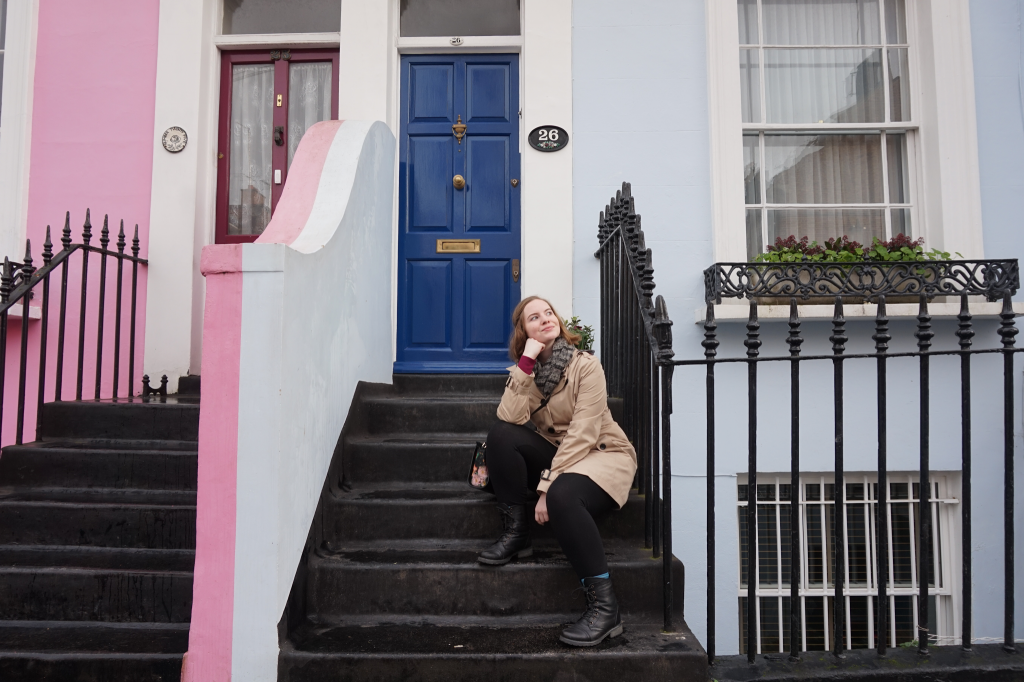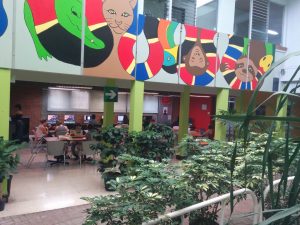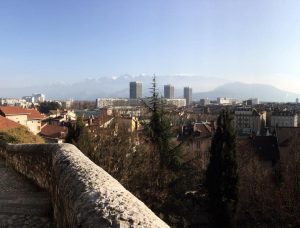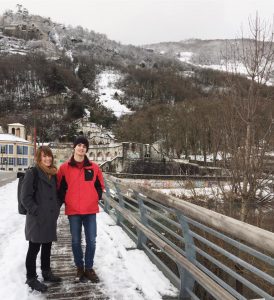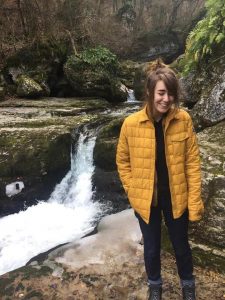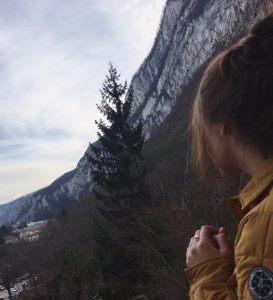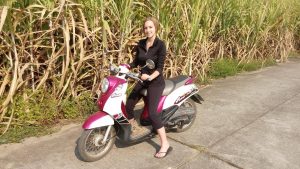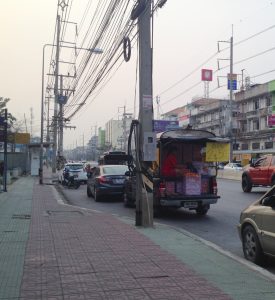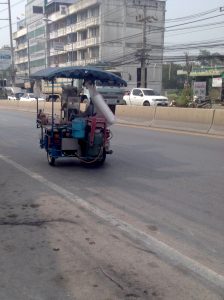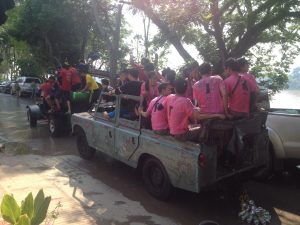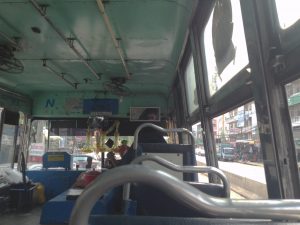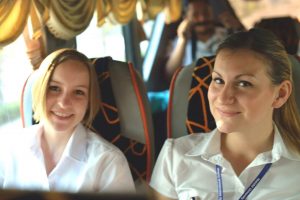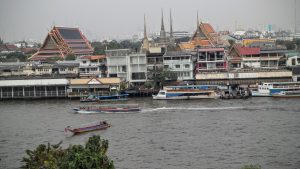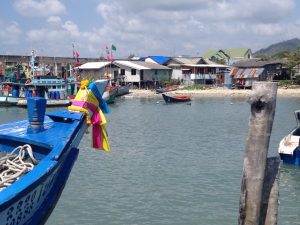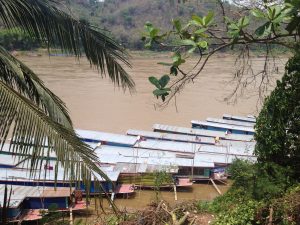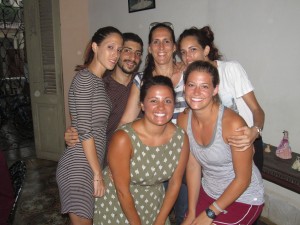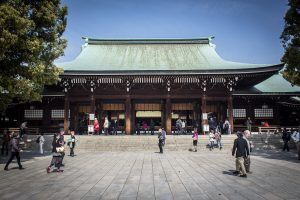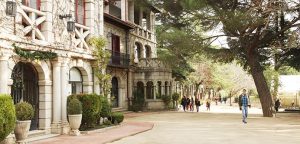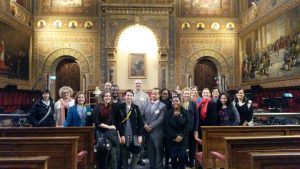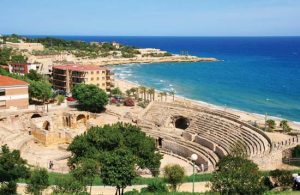An interview with Indigo Baloch (BA Creative Writing and Journalism, 2017) by Sarah Bangley
Indigo studied abroad in Taiwan (Maymester 2016) and Japan (summer of 2016).
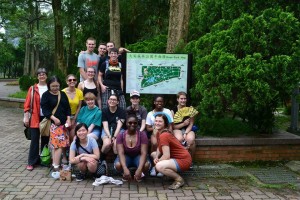
Sarah Bangley (SB): Did you receive any scholarships?
Indigo Baloch (IB): Because I took more than 6 credits I was able to use both my study abroad voucher ($1200) and the International certificate voucher ($1800), I also received a scholarship from from the institution I was studying at in Japan.
SB: Tell me about your experience—what did you enjoy the most?
IB: I loved all of the amazing things that were planned for our trip. On the Maymester to Taiwan, Dr. Kingsbury and Dr. Chung curated so many incredible experiences for us. And my program in Kyoto planned out so many field trips and club meetings—so I could get a very rich idea of the culture and area.
SB: Did you travel anywhere fun?
IB: Definitely! On both trips I had countless adventures! My favorite in Taiwan was going to the town of Jiufen. My favorite in Japan was going to the Ghibli Museum with a family friend.
SB: What do you miss?
IB: Everything—but especially the food!
SB: What large-scale challenges did you face?
IB: I did face a lot of exhaustion. There was a lot to do all the time and I wanted to do it all. However, especially once I started my program in Kyoto, I also had schoolwork to worry about. I wanted to do so many things, but my body couldn’t always keep up with me.
SB: What was the take-away from your experience? Do you feel like you’ve changed or grown?
IB: Definitely! I’m so thankful for my time abroad, and thankful to everyone who helped make it possible. Because of my experience, I’d love to teach in Taiwan or Japan some day.
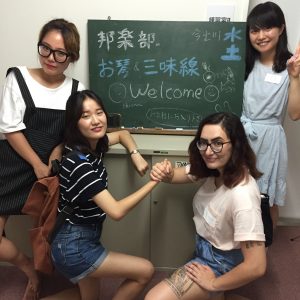
SB: How did you discover your study abroad program?
IB: Dr. Kingsbury was the person who told me about the program at Doshisha University in Kyoto. And then the Maymester in Taiwan was planned facilitated by her. I couldn’t have done any of it without her.
SB: What words of advice would you give to a student considering the study abroad program?
IB: Think about your goals for your time abroad and sit down with Karin Chipman in the study abroad office. If there are any gaps or problems, she can help! She will make sure you have the most perfect experience possible.
SB: Any final remarks?
IB: I’m so thankful to have gone to a school that really tried to promote studying abroad and I hope more students go for it too.

